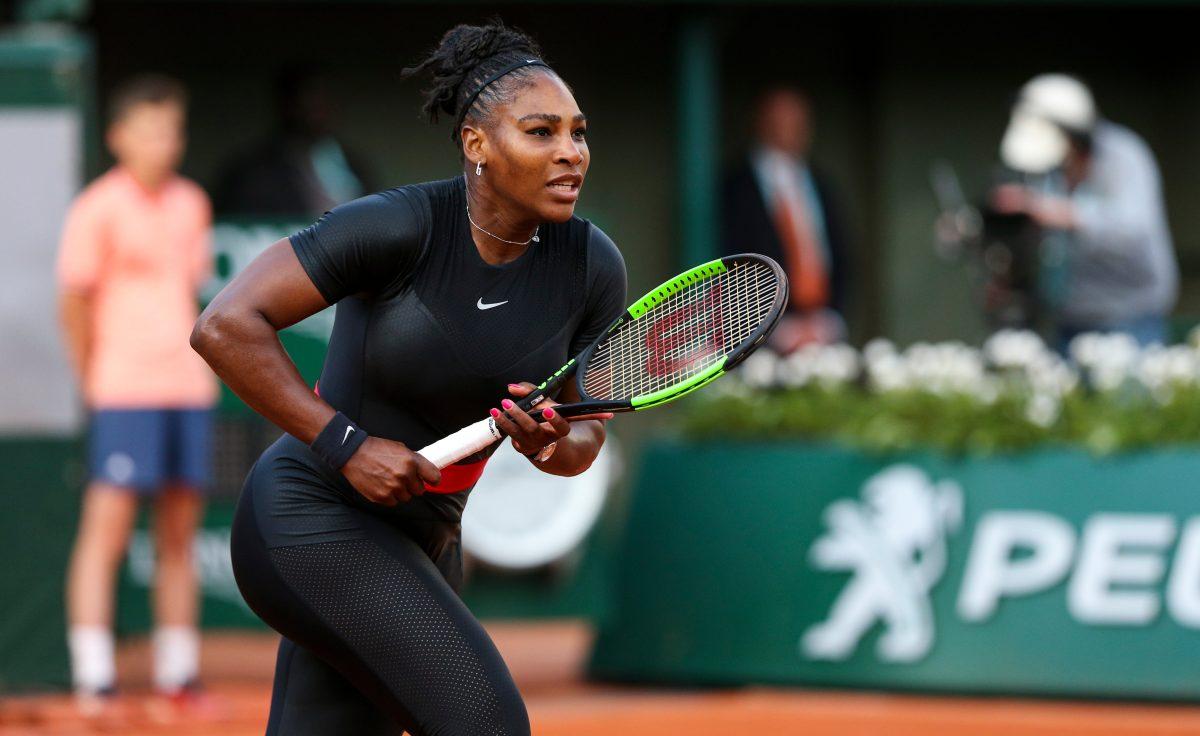The 2018 Women’s U.S. Open Final will go down in history. Unfortunately, it will not be remembered for the remarkable play by athletes Serena Williams and Naomi Osaka, but rather as the game that revealed the systemic sexism present in tennis to the world through the fight between Williams and the umpire, Carlos Ramos.
Halfway through the second set of the championship, Ramos cited Williams with her first code violation and gave an official warning to her coach for gesturing to her from the sidelines. Williams states that she was unaware of the action, but it is explicitly against the rules. However, coaching is common among tennis players, especially in men’s tennis, and is rarely penalized. After losing the game, Williams broke her racquet in frustration, which resulted in further docked points and her second code violation. Williams was furious at being docked the points and remarked that since she was unaware of her coach sending signals from the coaching box, the racquet should have been her first violation and thus no points should have been docked. She then forcefully said to the umpire, “You stole a point from me. You are a liar […] Say you are sorry.” Ramos was then called a “thief,” and he responded by citing abuse of an umpire, giving Williams her third code violation and a game penalty which pushed Osaka’s lead to 5-3 games. Williams lost the next game and thus the set, resulting in the end of the match with Osaka the champion–the first Japanese woman to win the U.S. Open.
Williams has been plagued by problematic line calls, drug testing and other controversial rulings throughout her career, and her argumentativeness may have stemmed from having a poor history with the league. For example, in 2004, Williams was eliminated early due to an incorrect ruling by the umpire that was later overturned, though she was not allowed back in the tournament. In this final, Williams claimed the penalties were enforced more strictly because she was a woman. After the final penalty was delivered, Williams appealed to the Women’s Tennis Association supervisor Donna Kelso saying, “[Men] do much worse than that. This is not fair. There’s a lot of men out here that have said a lot of things and because they are men [the same punishment] does not happen to them.”
Carlos Ramos followed the International Tennis Federation (ITF) rulebook with his punishments, but historically, and even in the Men’s U.S. Open, men have been allowed to break those rules and are given softer punishments and more warnings than Williams. Men are often even praised in the media for their ‘outspoken’ nature against officials, going back to the 1970s and ‘80s when John McEnroe was constantly commended for arguing with officials. Many male players lose their tempers more violently than Williams and are calmly given an unofficial warning by the umpires to relax and avoid a violation. Former pro tennis player James Blake tweeted, “I will admit I have said worse and not gotten penalized. And I’ve also been given a ‘soft warning’ by the ump where they tell you knock it off or I will have to give you a violation.”
Ramos also has a history of several heated disagreements with male tennis players such as Novak Djokovic, Andy Murray and Rafael Nadal, yet penalized none of them as harshly as he did Williams. He, along with many other umpires, have repeatedly demonstrated high tolerance for the outbursts of male players, which was why the severity of the punishments took many in the tennis community by surprise when they were delivered during the championship match.
The situation got out of control very quickly due both to the strict punishments by the umpire and Williams’s repeated outbursts following the penalties, and many critics and athletes on the national and local level agreed with Williams. Wellesley cross country runner Grace Cowles ’21 agreed that the two could have had a “more civilized conversation before it came to official penalties,” which would have avoided the situation altogether. Fellow teammate April Chu ’21 agreed that “she may have been unfairly treated, but she is a veteran athlete playing pro for 23 years and could have handled the situation better.” Furthermore, 18-time Grand Slam singles champion Martina Navratilova warned it’s “not a good idea to apply a standard of, ‘If men can get away with it, women should be able to, too.’ […] I think the question we have to ask ourselves is this: What is the right way to behave to honor our sport and to respect our opponents?”
The outcome of the U.S. Open is final, and though 20-year-old Naomi Osaka played brilliantly throughout the tournament and earned her title, she lifted the trophy through tears hidden by her visor to a cacophony of ‘boos’ directed at the ITF Director. The intervention of the umpire robbed Williams and Osaka the chance at a fair battle of athleticism and the tennis world of what might have been one of the most competitive finals in history. No party prevailed after this game, but perhaps this match will encourage the tennis community to target and address the inconsistent, often sexist punishments—or lack thereof—by the league.




